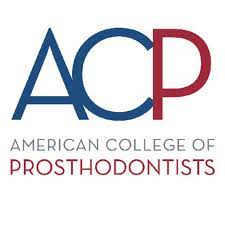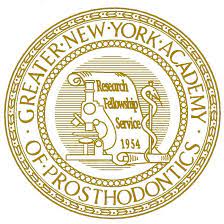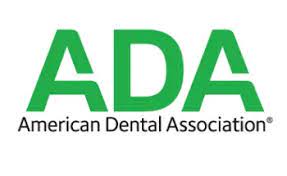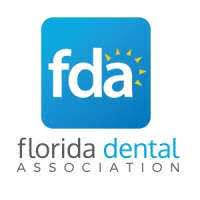Teeth grinding is a complex but very damaging condition in dentistry, and to make matters worse, it’s often unnoticeable. Most people with bruxism do so unconsciously at night, which is why they don’t see the consequences of this harmful practice until they must look for an emergency dentist in 33134.
Your teeth aren’t made to withstand constant pressure, suffering from enamel wear over time. This can cause dental sensitivity, enamel fractures, and severe damage to your smile. To prevent this, identifying early signs of bruxism is key.
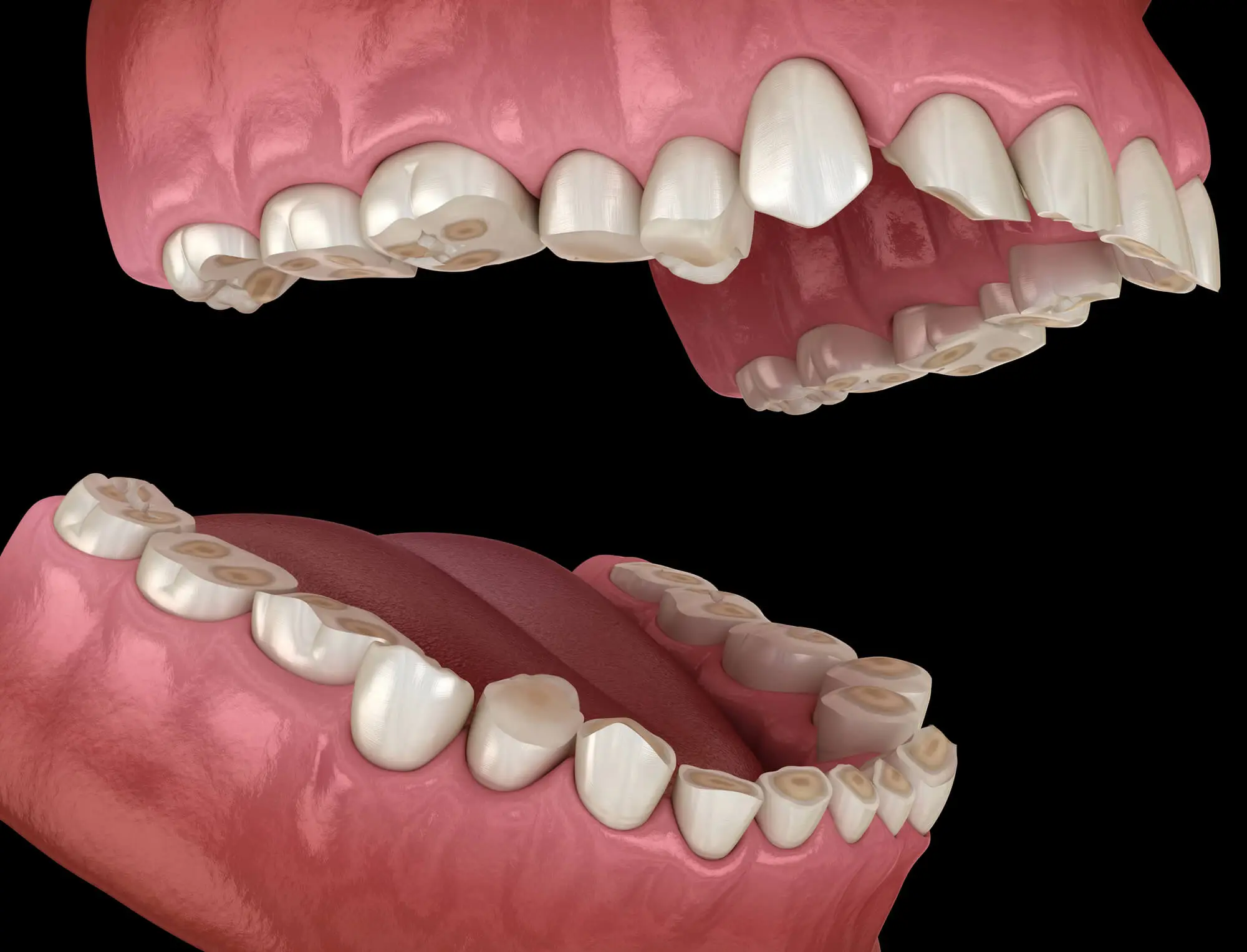
Bruxism is defined as clenching, grinding, or gnashing one's teeth.
Most people clench and grind their teeth from time to time. While grinding your teeth occasionally won't hurt you, doing so on a regular basis can harm your teeth and cause other health issues.
You may grind your teeth while you're asleep or while you're awake. According to researchers, depending on the type of bruxism, the causes may differ:
In addition, a family history of teeth grinding, alcohol consumption, smoking, caffeine consumption, prescription medication use, and certain illnesses are all associated with bruxism.
Tooth bruxism—grinding or clenching of teeth, often unconsciously—can lead to several dental emergencies if left unmanaged. Some of the most common dental emergencies caused by bruxism include:
The intense and repeated pressure that teeth grinding puts on your teeth can lead to dental cracks or fractures.
When you grind or clench your teeth (especially at night), you apply much more pressure than normal chewing. Normal chewing can exert about 20–40 pounds of pressure per square inch, while grinding can generate up to 250 pounds or more.
This pressure weakens dental enamel (the outer layer of teeth). While it may not be noticeable at first, tiny cracks will start to emerge. The problem lies when these fractures spread deeper into the tooth. If they reach the dentin or even the pulp (the inner part of the tooth), they can cause pain and infections.
Additionally, the pressure caused by grinding is often uneven, especially on teeth with irregular shapes or existing damage. This stress increases the chance of chipping or splitting a cusp (the pointed part of the molar).
Over time, grinding can damage the periodontal ligaments and supporting bone structure that hold your teeth in place.
Each tooth is anchored in the jawbone by periodontal ligaments. Constant grinding causes repeated microtears in these ligaments, leading to inflammation and laxity, making the tooth feel loose.
Moreover, chronic inflammation from grinding can cause the alveolar bone (the part of the jaw that holds the teeth) to resorb. Often, X-rays of severe teeth grinders show a widened space around the tooth's root.
The constant trauma from grinding can inflame the dental pulp, leading to pulpitis. Even without a cavity or crack, the intense pressure of teeth grinding is transmitted through the enamel and dentin layers, reaching the pulp.
Additionally, grinding can wear down the enamel, exposing the dentin. Dentin is porous and contains microscopic tubules that connect directly to the tooth, so exposed dentin allows stimuli like heat, cold, and bacteria to reach the pulp.
If untreated, this can escalate to a painful dental abscess—an emergency requiring root canal therapy or extraction.
Bruxism stresses the jaw joints and muscles, potentially causing TMJ dysfunction. TMD happens when the joint connecting the jaw to the skull, called the temporomandibular joint, does not work properly.
When you grind or clench your teeth, the jaw muscles work harder than they should, causing inflammation and tension around the TMJ. This overuse can strain the joint, leading to pain and limited movement. Constant grinding can also cause wear and tear on the TMJ, making it harder for the joint to move smoothly.
Over time, bruxism may lead to misaligned teeth or small shifts in the jaw's position, which increases the risk of developing TMD disorder. As the joint weakens, symptoms like jaw pain, popping sounds, or difficulty chewing can begin to appear.
As mentioned, enamel wear due to bruxism can expose the dentin layer. Nerve endings become more exposed, resulting in heightened sensitivity.
Tooth sensitivity can manifest as discomfort when consuming hot or cold beverages, sugary foods, or even during brushing and flossing. The severity of this sensitivity often correlates with the extent of enamel erosion caused by grinding. Therefore, individuals who suffer from bruxism may frequently find themselves grappling with this painful issue.
If the pain becomes unmanageable, it’s considered a dental emergency.
Crowns and fillings are durable, but they’re made to handle normal chewing, not the intense pressure from grinding. Over time, this can lead to cracks, fractures, or loosening or dislodging of dental restorations.
Depending on your restoration, grinding can:
To make matters worse, grinding can cause damage to surrounding teeth. Natural teeth wear differently from artificial materials. While a porcelain crown might stay intact, it could grind down the opposing tooth. A metal filling might also stay firm while the surrounding enamel wears away, leaving it unsupported.
Bruxism can lead to jaw muscle spasms or even lockjaw due to the overuse, fatigue, and inflammation of the muscles and joints involved in jaw movement. It forces the jaw muscles to contract repeatedly and forcefully, often for hours at night.
These muscles (especially the masseter, temporalis, and pterygoids) aren’t meant to work that hard continuously.
Over time, this causes:
Sometimes, intense bruxism can result in trismus (lockjaw), where the patient cannot fully open or close their mouth—an acute condition that often requires immediate care.

Bruxism is more than just a habit; it's frequently a reaction to underlying issues or stressors. For that reason, treatment can be just as varied. From stress-management techniques to help reduce tension to sleep management methods, there are various paths you can explore on the journey to reducing your bruxism.
Your dentist might recommend a nightguard to shield your jaw and teeth from the strain. Nightguards are specially made appliances that shield teeth from additional wear while you sleep. They reduce the grinding force by acting as a barrier between the teeth, avoiding direct contact.
Even though nightguards are good at stopping further harm, they don't deal with the root causes of bruxism or the harm that has already been done. Because of this, they can be combined with therapies that aim to address the underlying cause of the issue, like:
Because grinding often occurs during sleep, most people are unaware that they do it. A loved one who hears you grinding your teeth at night may tell you that you do.
If not, some symptoms of bruxism you can look out for include:

Jaw pain and morning headaches can often be brushed off as minor inconveniences, but they might be signs of something more significant. Bruxism, the habitual grinding or clenching of teeth, often goes unnoticed until it has caused substantial damage to oral health.
Through careful examination and diagnostic tools, your dentist at Coral Gables Dentistry can identify bruxism as the cause of your discomfort. We’ll then devise a personalized treatment plan to protect your teeth from further damage, so give us a call!
*Invisalign®, the Invisalign logo, and iTero®, among others, are trademarks and/ or service marks of Align Technology, Inc. or one of its subsidiaries or affiliated companies and may be registered in the U.S. and/or other countries.

We value your time, so we always run on schedule, respecting your commitments, with no double bookings and minimal wait times. Experience dentistry like never before in our award-winning clinic.

